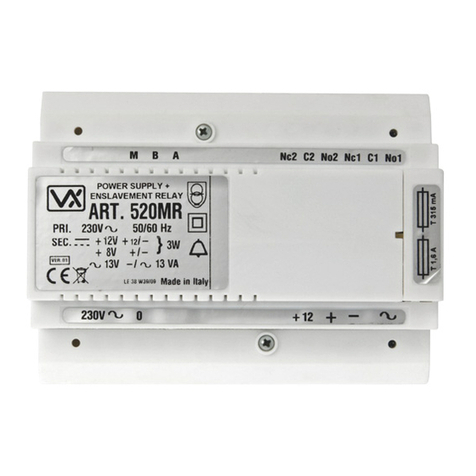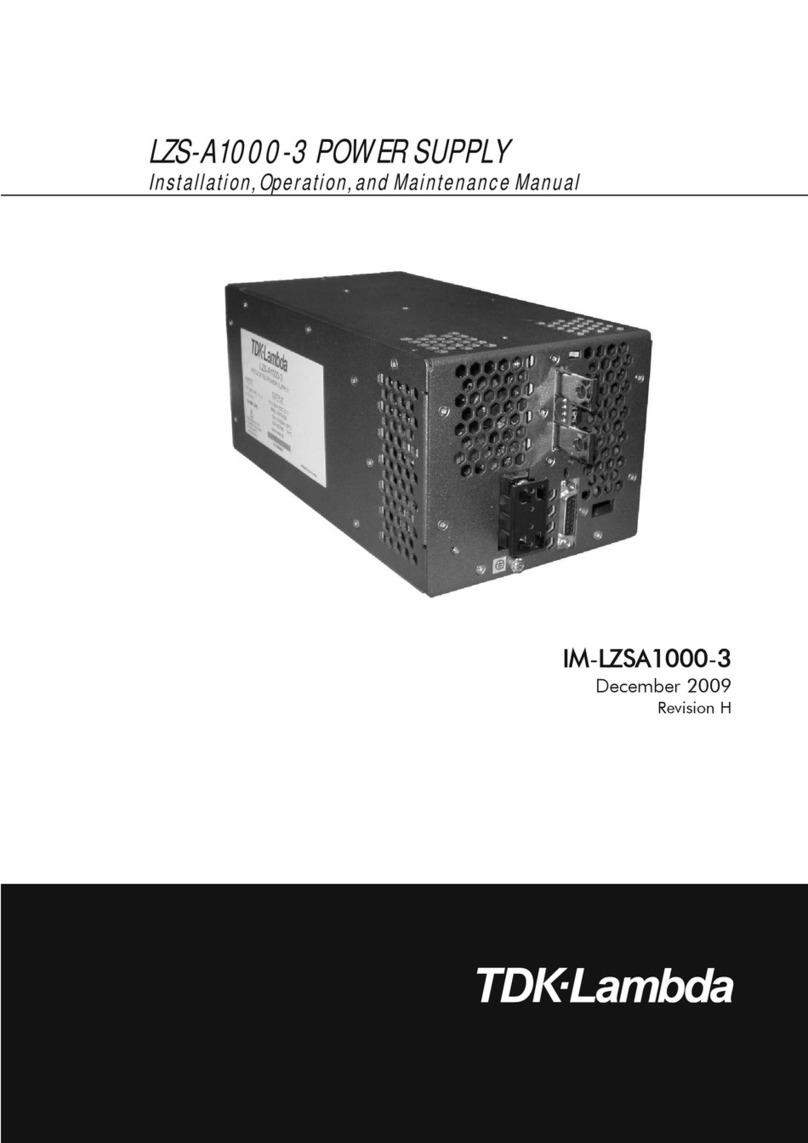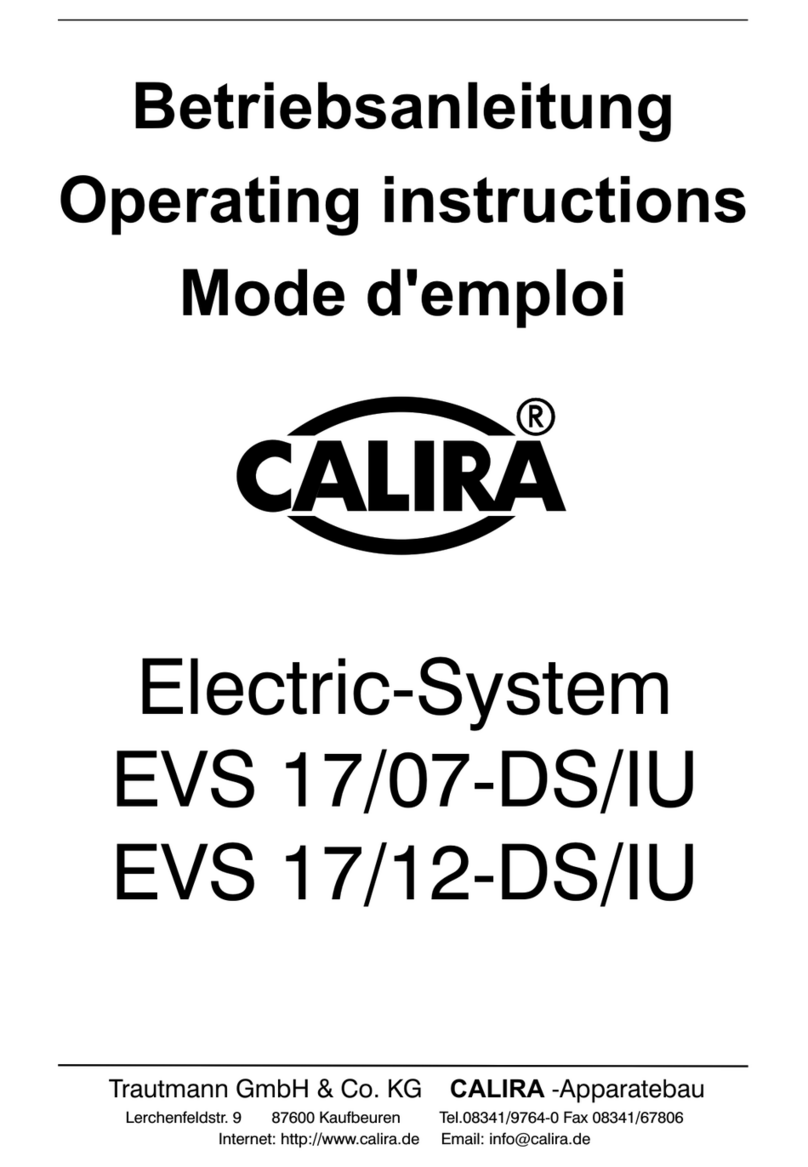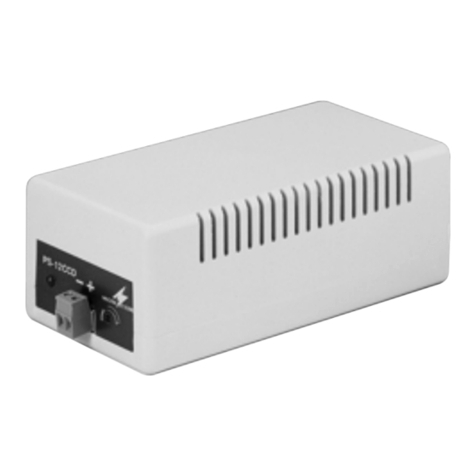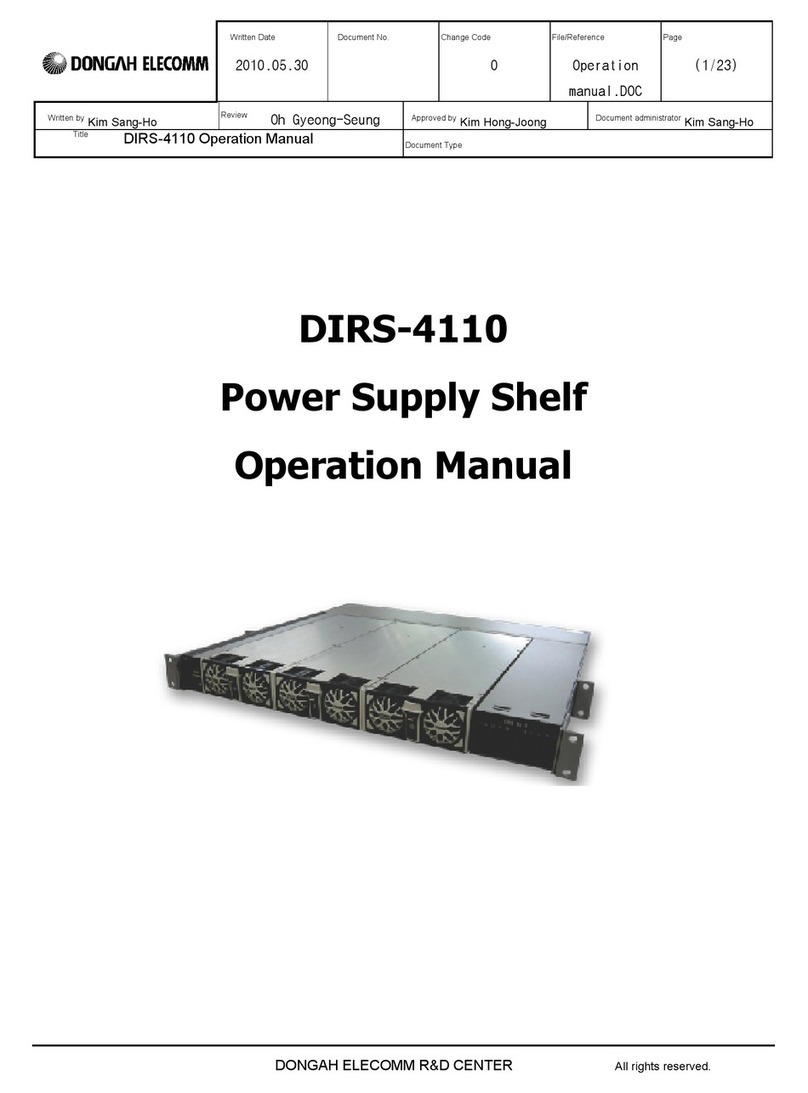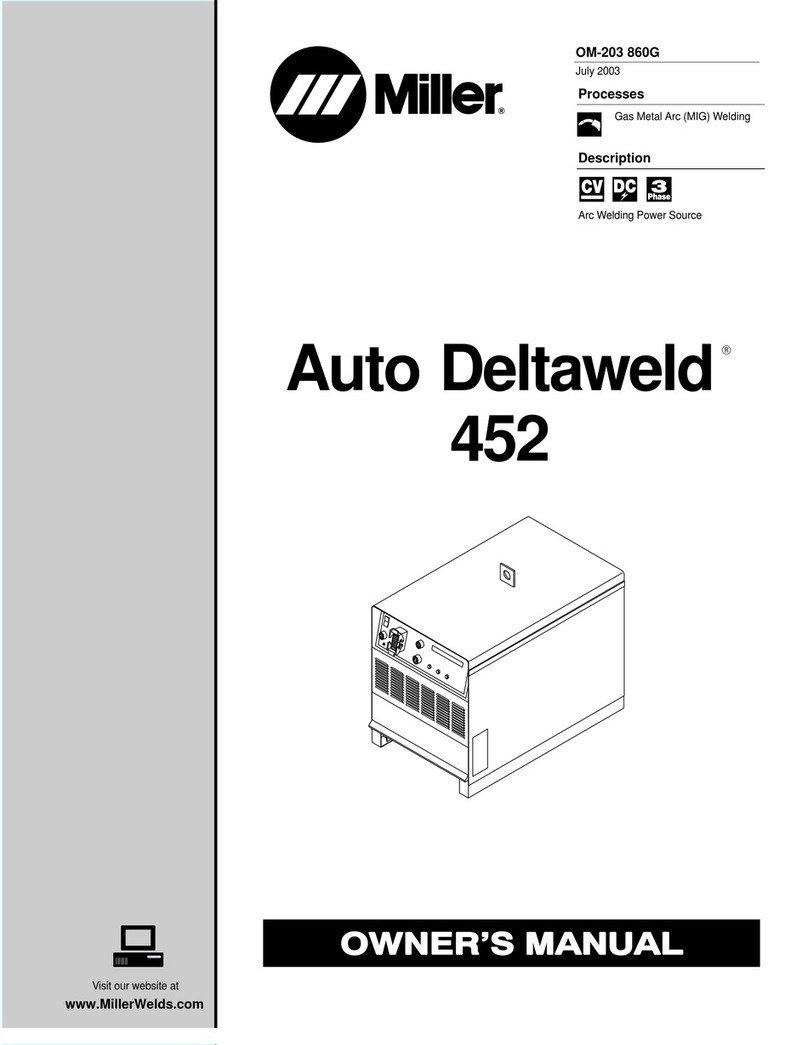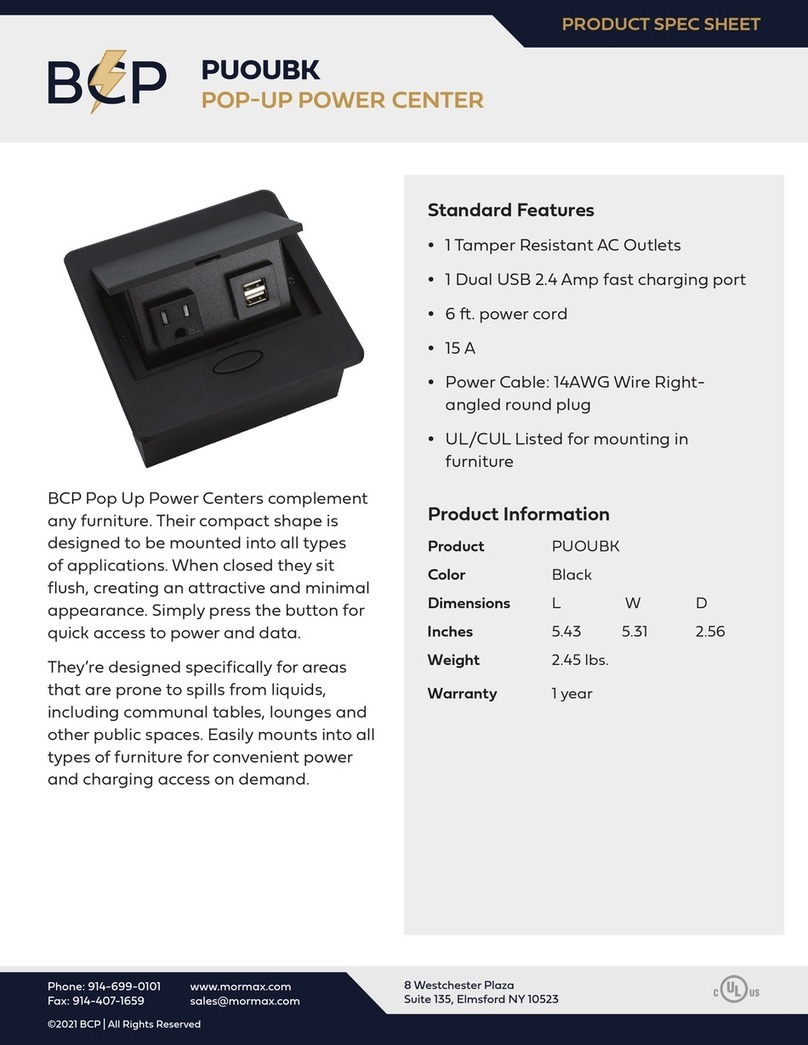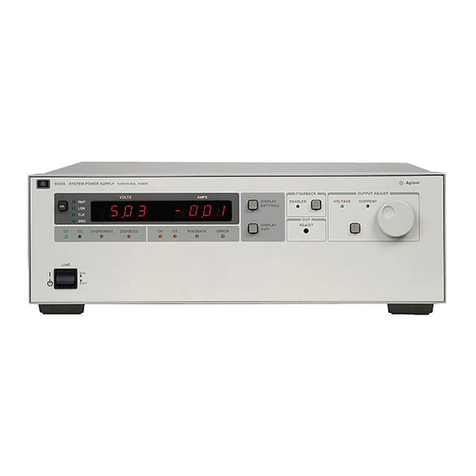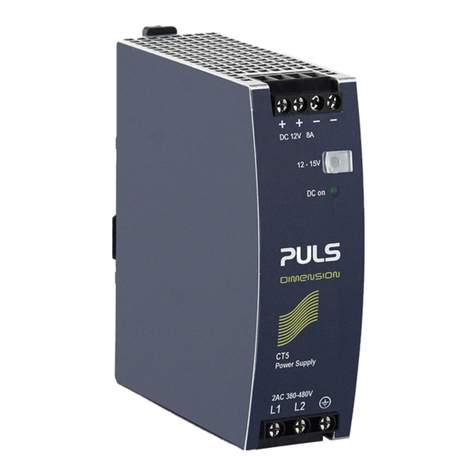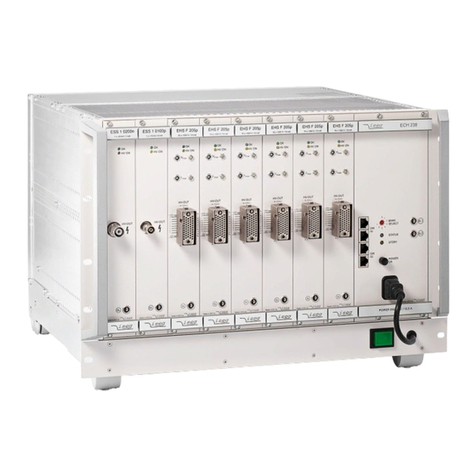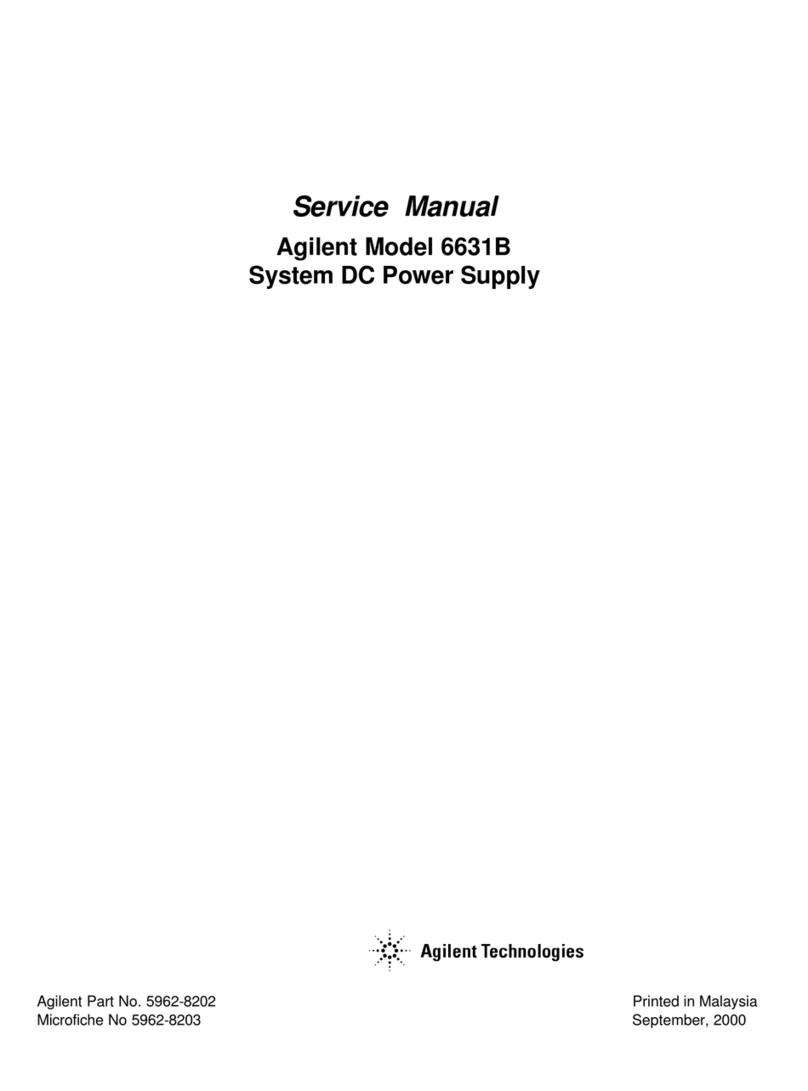
VPRS-430 OPERATION MANUAL Issue : 2009.03
ED : 1
VPRS-430 OPERATION MANUAL 4 /30
7.7 BATTERY CHARGE CURRENT LIMITATION............................................................................25
7.8 CONTROL PANEL POWER DROP...........................................................................................25
8 CONTROL PANEL SETUP & MEASUREMENT...................................................................25
8.1 CONTROL PANEL SETUP &FUNCTIONS ...............................................................................25
8.1.1 Float voltage setting....................................................................................................26
8.1.2 Equalize voltage setting..............................................................................................26
8.1.3 Output OV alarm setting.............................................................................................26
8.1.4 Output UV alarm setting.............................................................................................26
8.1.5 New password setting.................................................................................................26
8.1.6 Battery charge current limitation setting...................................................................26
8.1.7 Battery charge end current setting............................................................................26
8.1.8 Battery charge start current setting...........................................................................26
8.1.9 Temp ON/OFF setting.................................................................................................26
8.1.10 Battery charge mode setting......................................................................................26
8.1.11 Battery emergency voltage setting............................................................................26
8.1.12 Alarm History Clerar....................................................................................................26
8.1.13 Alarm Sound Setting..................................................................................................26
8.2 CONTROL PANEL MEASUREMENT ........................................................................................26
8.2.1 Input voltage measurement .......................................................................................26
8.2.2 Output voltage/current measurement.......................................................................26
8.2.3 Battery charge/discharge current measurement ....................................................26
8.2.4 Current measurement per unit...................................................................................26
8.2.5 Rectifier system alarm monitoring.............................................................................26
9 RECTIFIER TEST & MAINTENANCE.....................................................................................26
9.1 OVERVIEW..............................................................................................................................26
9.2 PERIODIC INSPECTION ..........................................................................................................27
9.3 ADDING RECTIFIER MODULE ................................................................................................27
10 PROBLEM SOLVING & FAULT FIXING............................................................................28
10.1 PROBLEM SOLVING ...............................................................................................................29
10.2 REPLACING PARTS ................................................................................................................29
10.3 ORDER OF REPLACEMENT ....................................................................................................29
